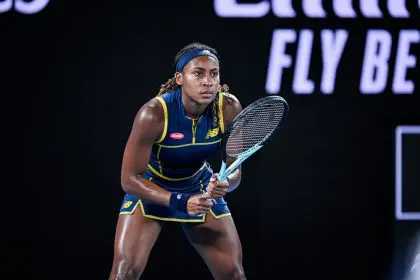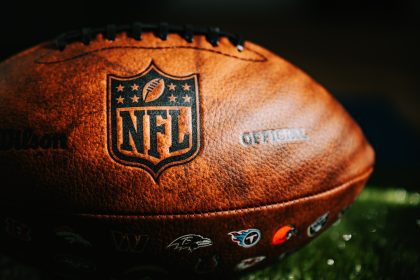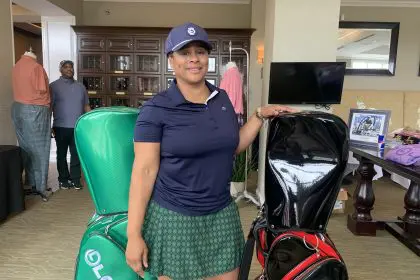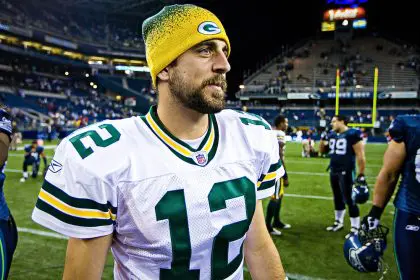Laurence Maroney was a first-round draft pick in the NFL in 2006 and played five seasons for teams such as the New England Patriots and Denver Broncos. Fast-forward to 2023, and Maroney is trying to help athletes off the field with their mental health so they can be their best selves on the field.
Maroney is dedicated to providing safe spaces for youth to develop into leaders, heal, and grow with his LM39 Foundation.
He spoke to rolling out about athletes and mental health and creating a safe space for them.
What should the conversation look like when we talk about athletes and mental health?
It should be a conversation that comes up often because this typically is not a conversation at all. Since I’ve been playing sports, I can’t remember too many coaches asking me how my health or how my mental was or how I’m feeling. Everything’s always been physical-based. “You look good. You’re in shape. The body looks nice.” Nobody has stopped once to say, “Hey, man, are you okay? How are you doing?” It should be an everyday conversation because, as an athlete, people don’t understand all the behind-the-scenes things that we go through, that we put our body through mentally, what we have to go through from coaches, learning plays, just all of it combined, being in the limelight and making sure you look the part. I had my mental issues, and I didn’t have any way out of it. I didn’t feel like I had any way out until I had to be honest with myself and say, “Hey, I do have mental issues.” With my foundation and Athlete Mental Awareness Day, I want to connect the community — not just athletes — but the community with the resources that I also want to connect with to help me out in my situations.
How were you able to get through those moments during your career?
You get through the best way you know how at the time. For me, being a first-rounder, the pressure to perform is at an all-time high. Learning the playbook and going out there performing, dealing with the media when you’re underperforming — or they’re feeling like you’re not performing up to your ability. There’s so much that goes through your mind mentally when you know you can be better, but it’s just not clicking. Dealing with it on and off the field can take a toll on your mind and body. I think at one point in time, around my fourth year, I was second-guessing my talent as a football player when I knew I’d been great all my life. When things just don’t go as planned, mentally it can take a toll. For me, it was trying to push through it the best way I knew how. I talked to my mother, tried to talk to some other players and figure out how they had a 10-year career and what did they do to make it this long.

















